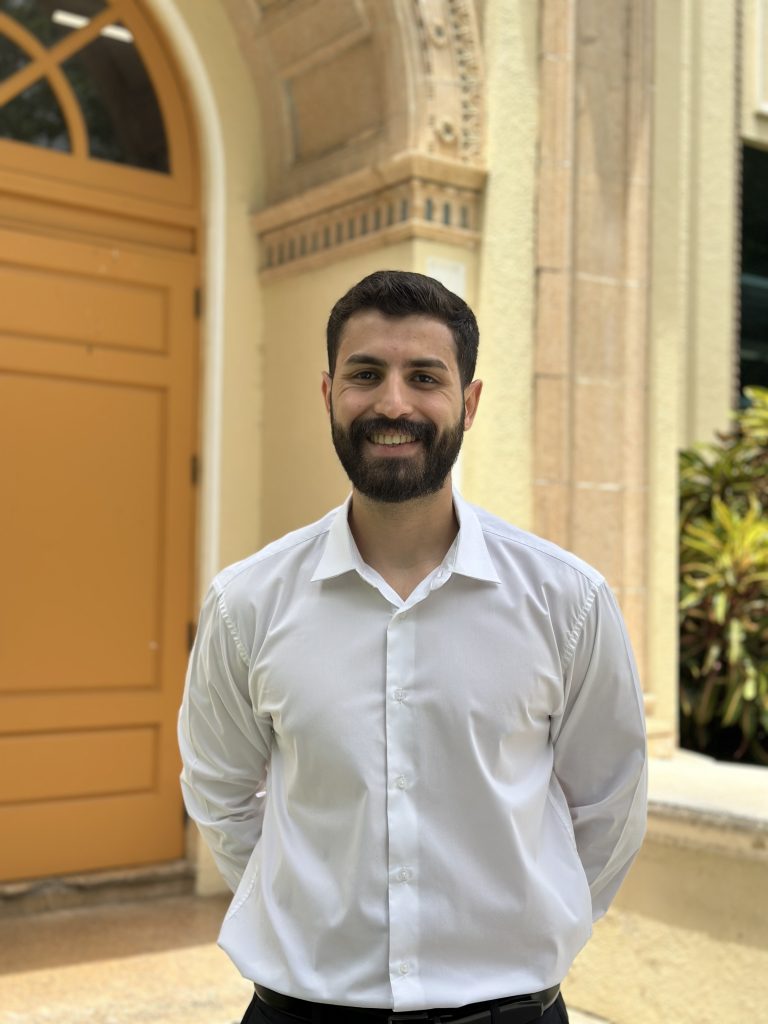
Short Bio
My name is Adrián Quintana González. I was born in Aguadilla, Puerto Rico and grew up in between Aguadilla and San Sebastián. I went to college at the University of Puerto Rico – Mayagüez where I completed my Bachelor’s degree in Industrial Biotechnology with a curriculum sequence in Food Science and Technology. I am currently working on evaluating the effects of diet and microbiome manipulations in Histone acetylation and gene expression changes on the model organism Drosophila melanogaster. We will be using ethanol resistance as a behavioral/phenotypical gauge for the changes caused by these manipulations. We are also working towards implementing Computer Vision based tracking software as a system for automated behavioral evaluation.
After this post-baccalaureate experience, I would like to continue pursuing a career in translational-clinical research with a focus on Cell & Gene therapy. I expect to follow up on this opportunity with graduate studies, working towards achieving a PhD.
A fun fact or hobby: I love trying new foods and cooking and baking “from scratch”. I am also kind of obsessed with coffee and may or may not consume more caffeine than I should. I am also a Boy Scout, so it is no coincidence I love being outdoors and enjoy going to the beach. Learning to surf is among my so-called bucket list items and I would also like to get more into rock-climbing.
Research
Mentor:
Alfredo Ghezzi, PhD
Co-mentor:
n/a
Project Title:
Evaluating the Role of Microbiota Derived Acetate in Alcohol-Induced Epigenetic Modifications in Drosophila melanogaster
Project Description:
D. melanogaster is a commonly used eukaryotic model organism because of its relatively simple genome. The effects of ethanol ingestion, a component of their natural diet, in its developmental and behavioral traits, have been widely studied. However, the molecular mechanisms orchestrating neuroadaptation to alcohol exposure remain largely uncharacterized. This study aims to evaluate the potential effect of manipulating acetyl substrate availability in Fruit Fly’s innate Ethanol resistance as a function of epigenetically induced changes in gene expression. We will be evaluating differential histone acetylation patterns among treatments and genotypes to estimate the role of the gut microbiome in the epigenetic regulation of gene expression. These insights can be extrapolated into the modulation of genes associated with developmental diseases, neurological diseases, cancer, among other acquired diseases.
